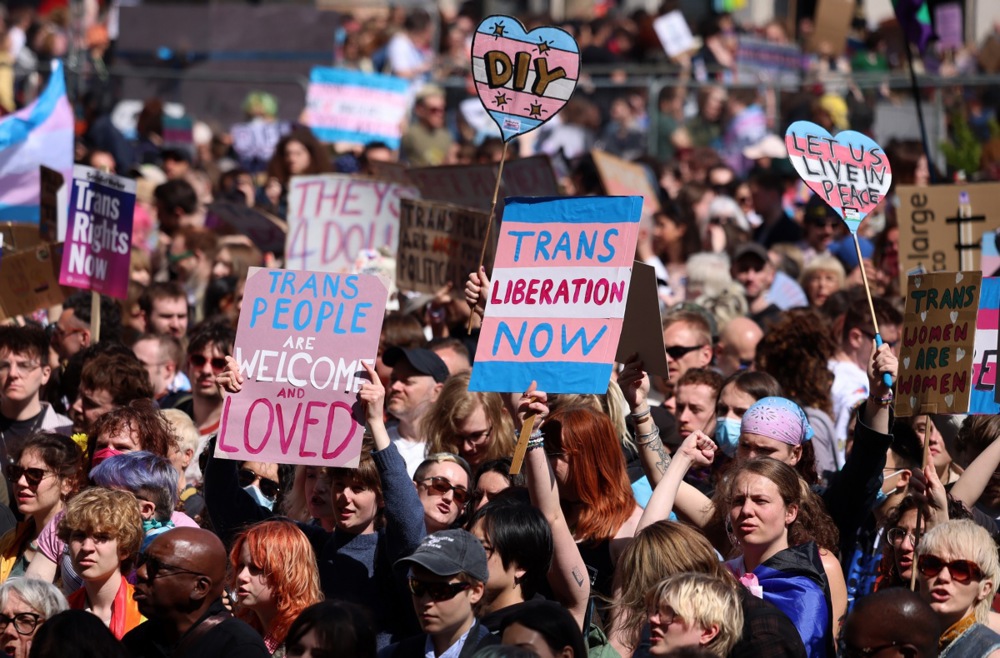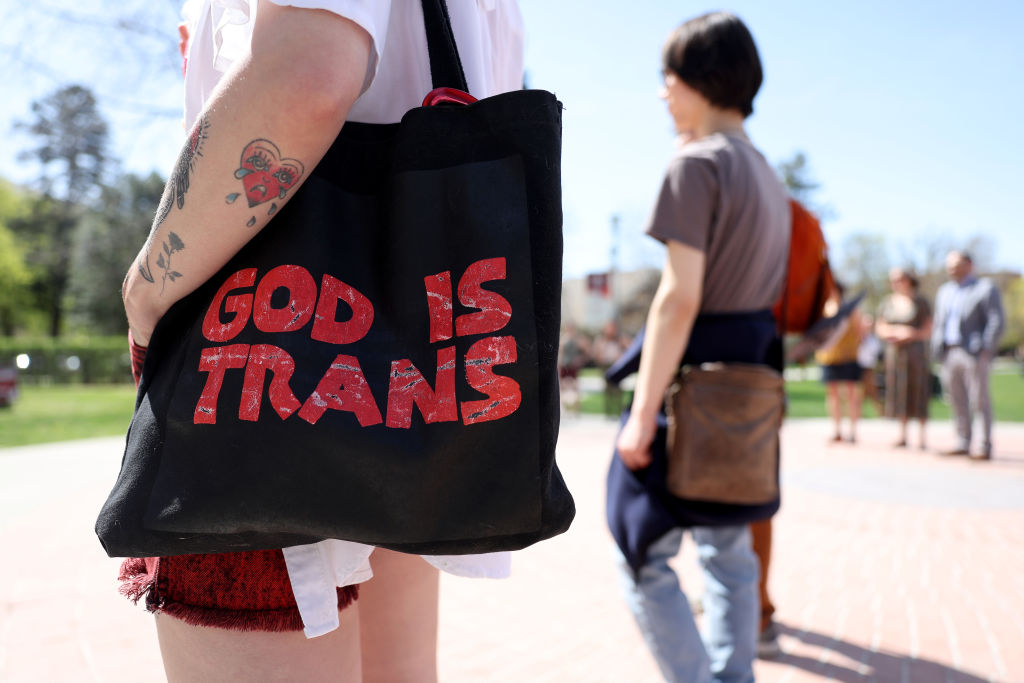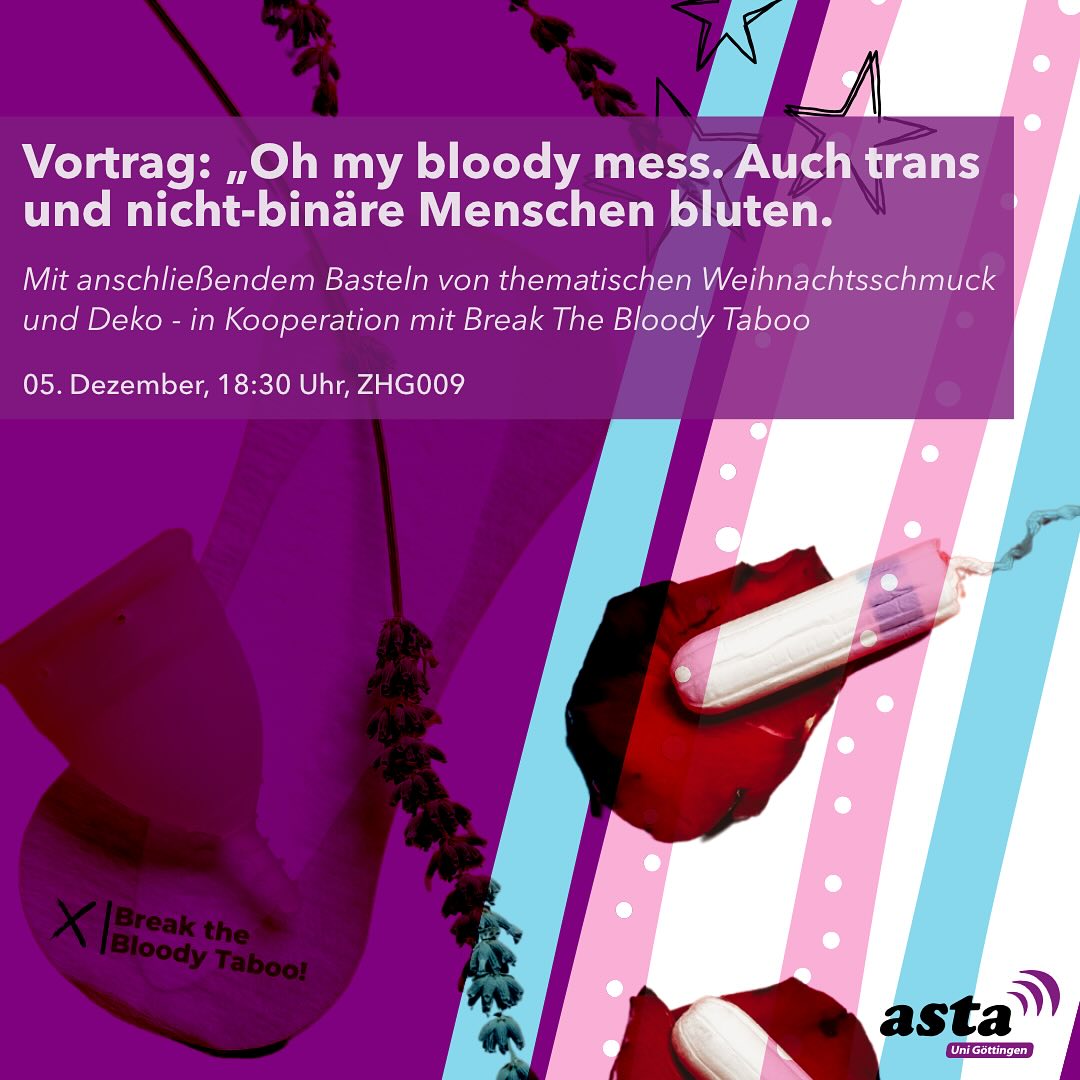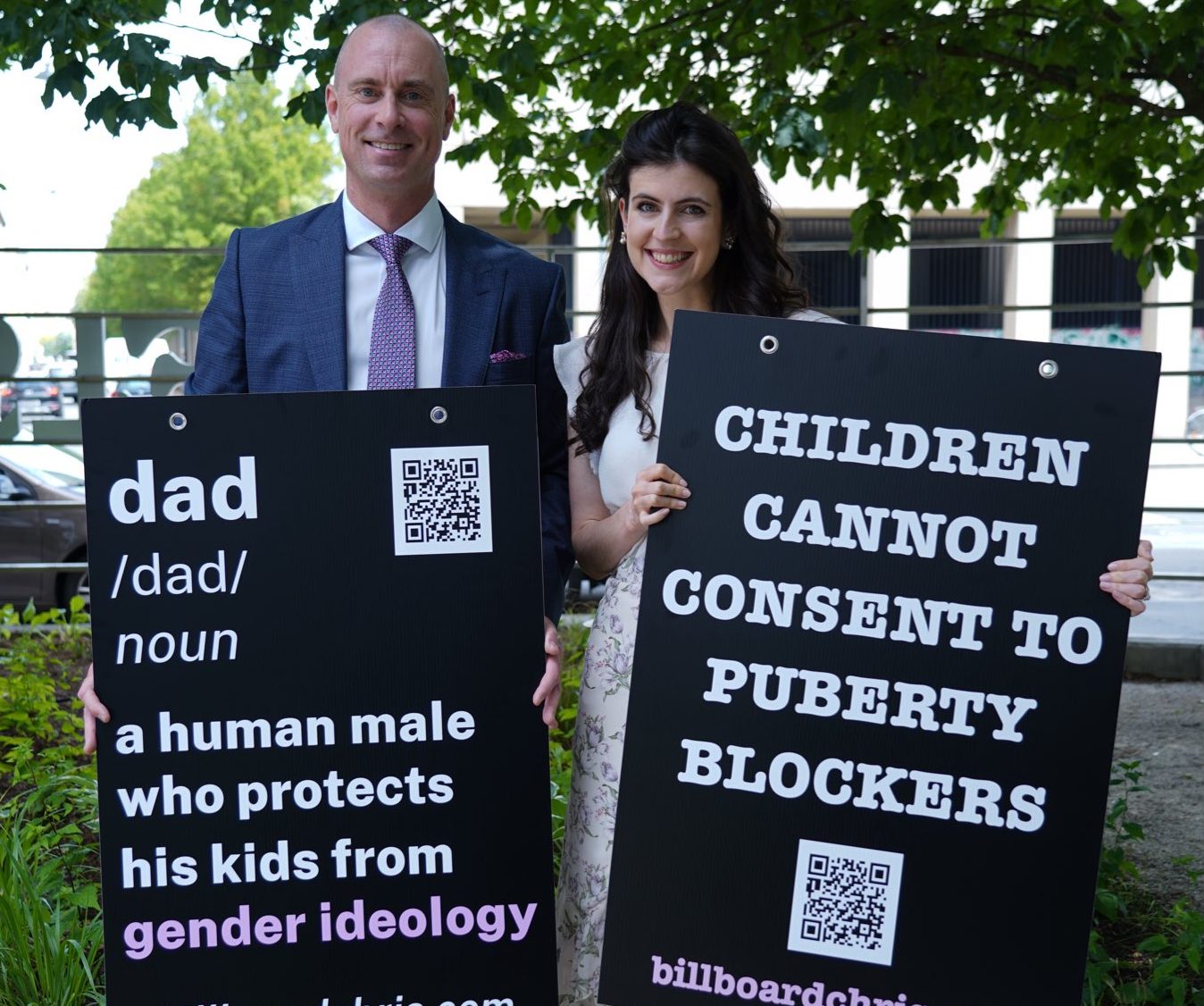The National Library of Scotland (NLS) has withdrawn The Women Who Wouldn’t Wheesht — meaning “stay quiet” — a collection of gender-critical essays by prominent women, from its centenary exhibition following objections from staff.
The book was one of the most nominated titles in a public vote for the Dear Library exhibition, which celebrates the NLS’s 100th anniversary by showcasing books that have shaped lives.
In June 2024, t had debuted at number 3 on The Sunday Times list of bestselling general hardbacks.
Despite its popularity, on August 11, the NLS decided not to display it, citing concerns raised during an internal “equality impact assessment”.
The Women Who Wouldn’t Wheesht features essays from feminist women including JK Rowling, former MPs Joanna Cherry and Ash Regan, documenting a five-year campaign to uphold “sex-based rights” for women in Scotland.
The title itself, a defiant response to the Gaelic phrase “haud yer wheesht” (hold your tongue), reflected the authors’ refusal to stay silent on the progressive gender self-identification policies championed by former First Minister Nicola Sturgeon.
Susan Dalgety and Lucy Hunter Blackburn, who co-edited the book, said it had been “devastating” to learn that their book had been “censored in this cowardly and anti-democratic way by our national library”.
The two writers accused the NLS of capitulating to internal pressure in a letter to National Librarian Amina Shah.
They claimed staff activists had labelled the book as “harmful, hateful and akin to racism and homophobia” and that the library had effectively endorsed this characterisation by excluding it.
The editors argued that the decision undermined the NLS mission as a neutral space for intellectual debate.
“Surely, the role of the National Librarian is to ensure the Library is a place where ideas, debate, and discussion take place,” they wrote, referring to the library’s self promoted tag-line.
“Yet rather than treat this book as a book, you have allowed it to be treated as a dangerous object, not safe for public display in Scotland’s national library.
“But this is about more than the book,” they added. “This is the legacy of a decade of political leadership which has demonised and delegitimised people who refused to conform to the approved narrative on sex and gender identity.
“The material released also lifts the lid on the network of discrimination and censorship which operates across Scotland’s public institutions with impunity through staff networks and other activist groups, enabled by weak leadership.”
The editors highlighted a recent UK Supreme Court ruling from April 2025 that affirmed the Equality Act 2010’s definition of “woman” as referring to biological sex — a position aligned with the book’s arguments.
They argued that the NLS had discriminated against the work solely because of its stance on sex and gender identity, while allowing books with opposing views to remain in the exhibition.
Internal documents obtained through a Freedom of Information request revealed that the NLS’s LGBT staff network had described the book as “explicitly exclusionary” and warned of potential backlash from activists and funders.
Dalgety and Hunter Blackburn condemned the decision as an “act of cowardice”, noting that it silenced voices, including those of women of colour and survivors of male violence.
An NLS spokeswoman stated that the book was not excluded over its content but, rather, because of “the potential impact on key stakeholders”, some of whom threatened to withdraw support for the exhibition. She added that the book remained accessible in the library’s reading rooms, alongside 200 other titles not selected for display.
Critics — including the women’s rights group For Women Scotland — accused the NLS of bowing to activist pressure.
“By caving to this, the library lends weight to their wholly untruthful objections to the book,” the group said in a statement.
The decision has reignited concerns about censorship in Scottish institutions, with some arguing that staff networks are increasingly influencing policy in ways that stifle dissent.
The NLS’s main “stakeholder”, providing 90% of its funding, is… the Scottish Government. pic.twitter.com/QmttNYRXq6
— Wings Over Scotland (@WingsScotland) August 13, 2025
Dalgety and Hunter Blackburn have called for a meeting with the CEO of the NLS Amina Shah and its chairman Sir Drummond Bone to explain why their book was deemed “too harmful” for display.
The editors argued that the exclusion set a dangerous precedent, prioritising staff sensitivities over the library’s duty to represent diverse perspectives.
It is the latest in a series of disputes involving Scottish institutions. Critics have argued that individuals who assert biological sex as immutable faced growing hostility and potential discrimination from public bodies, including the devolved government and the National Health Service.
The issue has even drawn international attention.
US Vice President JD Vance, who is expected to visit Scotland soon, recently criticised the country for what he described as an attack on free speech, specifically citing the introduction of “buffer zone” protest bans outside abortion clinics.
We have written to the National Librarian about her decision to remove The Women Who Wouldn't Wheesht from the centenary exhibition for the National Library of Scotland, Dear Library, in response to complaints from its LGBT staff network. 1/2 pic.twitter.com/lQlv2x0tsO
— The Frontline (@EthelWrites) August 12, 2025





